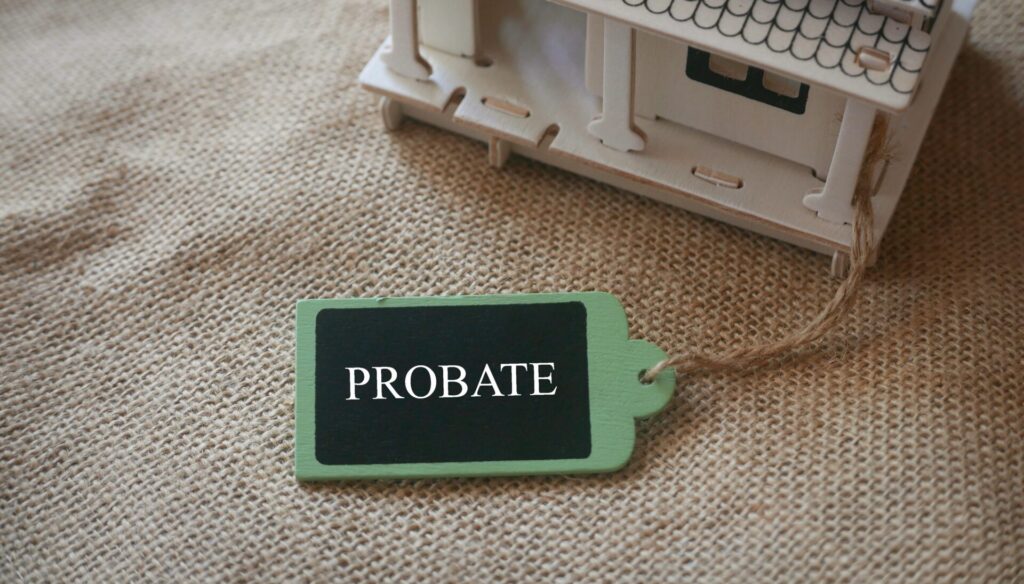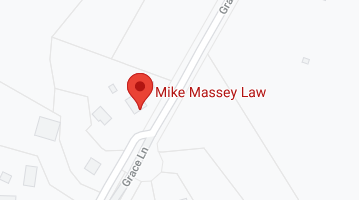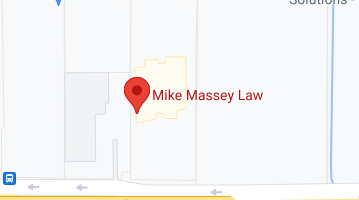What Are Your Rights After a Family Member’s Death?
Discovering that you have been disinherited can be shocking. After a loved one’s death, if you believe that you were unjustly disinherited because your loved one prepared or revised a will under duress or under another’s undue influence, contact a Texas probate attorney at once.
Disinheritance happens when someone who is expected to inherit from a family member’s estate does not inherit anything, such as when a parent leaves a child out of the will and the child receives nothing. If duress or undue influence was involved, a court may invalidate the will.
How are “duress” and “undue influence” defined by Texas law? What legal steps can you take if you believe that you have been unjustly disinherited? What will be required to prove your claim – and to win back what is rightfully yours? When should you contact a Texas probate lawyer?
If you will continue to read this brief discussion of wills, duress, undue influence, and probate law in the State of Texas, you will find the answers about duress or undue influence that you and your family may need now or in the future.
What Makes a Will Legally Valid?
After someone has passed away, that person’s assets are distributed in the probate process according to the terms of his or her will. However, a will’s validity or provisions may be challenged on several grounds including undue influence, incapacity, and improper execution.
In the State of Texas, a will is legally valid only if the person who is establishing the will – called the “testator” – agrees to and signs the document voluntarily, without duress, coercion, or any other undue influence. Additionally, the testator must be “of sound mind” when signing the will.
We may think of undue influence as someone threatening an elderly person, but that is actually rare. More often, outwardly friendly individuals ingratiate themselves between someone and his or her family, and over time, gain trust and separate that person from family members.
If you suspect you were disinherited because of duress or undue influence, how can you prove it? Did someone unrelated to your family receive what seems like an overly generous bequest? Was your loved one compromised or weakened and susceptible to duress or undue influence?
What Steps Should You Take?
In Texas, going to court and contesting a will for duress or undue influence is not easy. You may need to have both circumstantial evidence and direct evidence. Your first step is scheduling a consultation to discuss your rights and legal options with a Texas probate lawyer.
Your lawyer will explain how the law applies in your own circumstances and will provide the personalized legal advice you need. If you move ahead with a lawsuit, your case may be heard by a jury or by only a probate judge, depending on the jurisdiction and the details of the case.
It will be important to have as much evidence as possible of duress or undue influence. By using legal tools that may include interrogatories, depositions, and subpoenas, your Texas probate attorney will compile pertinent written and text messages, emails, and witness testimony.
What About Disinheritance Because of Incapacity?
In other will disputes, no third party may be involved, and family members may insist that a loved one lacked the mental capacity to disinherit them. Family members have the right to contest an alleged disinheritance for incapacity as well as for duress or undue influence.
In this state, a testator must have “testamentary capacity” in order for the will to be deemed valid and enforceable and admitted to probate. In other words, a testator must be “of sound mind” when he or she executes a will. Additionally, a will in Texas must be signed by two witnesses who are at least 14 years old and who do not receive any financial benefit through the will.
There is no “smoking gun” that proves someone’s testamentary capacity or incapacity, but a probate court will consider the evidence to determine if it’s more likely than not that the testator had or did not have the legally required testamentary capacity at the time the will was executed.
When Should You Contact an Attorney?
In any of these circumstances, in order to contest a will, it is essential to schedule a legal consultation with a Texas estate planning or probate attorney as early as possible in order to avoid missing important legal deadlines.
A lawyer who is familiar with the probate process in Texas can make the difference for you. If necessary, your lawyer will interview witnesses and collect affidavits which demonstrate that incapacity, duress, or undue influence was involved when the testator signed his or her will.
If you contest a will in Texas, that challenge must be filed within two years of the date that the will was admitted to probate, but do not wait two years to speak with a probate or estate planning attorney. Over time, evidence could be lost and witnesses can disappear, or their memories fade.
How Will a Probate Lawyer Help You?
If you need to challenge a will in this state on the basis of duress, undue influence, or incapacity, a Texas estate planning or probate attorney will work on your behalf, and your first legal consultation will be offered without any cost or obligation.
As mentioned previously, that first meeting is your opportunity to obtain personalized legal advice. Your attorney will explain your rights and options and will help you determine if filing a lawsuit is the best way for you to proceed. But how can you choose the right probate attorney?
About Mike Massey Law
At Mike Massey Law, our team of experienced attorneys work with and represent clients across Texas who are planning their estates or involved in the probate process. When you become a client at Mike Massey Law, you will work personally with a Texas attorney who can help you:
- establish a will or a trust
- create a comprehensive estate plan
- understand the probate process
- challenge a will in probate court
To learn more, to begin developing your estate plan, or to begin the legal process of contesting a will in probate court, call the offices of Mike Massey Law promptly – in Austin at 512-400-4430 or in Houston at 713-489-7360.









